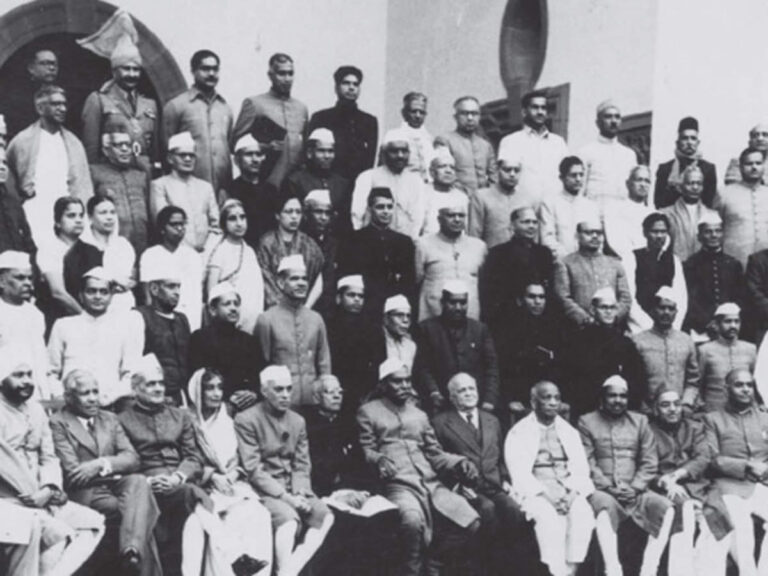STATUTORY MINORITY ENDOWMENT AND REMIT OF CONSTITUTIONAL EQUALITY ; AMU ARTICLE 30/ARTICLE16(4) CASE NOTE

BENCH
- CJI D.Y. chandrachud
-Justice sanjiv khanna
-Justice surya kant
-Justice J.B. pardiwala
-Justice dipankar datta
-Justice Manoj mishra
-Justice S.C. Sharma
CASE NUMBER
CA 2286/2006
APPELLANT
ALIGARH MUSLIM UNIVERSITY THROUGH ITS REGISTRAR FAIZAN MUSTAFA
RESPONDENT
NARESH AGARWAL THROUGH LAXMI CHANDRA AGARWAL ;
UNION OF INDIA THROUGH SECRETARY ;
DIRECTOR GENERAL OF HEALTH SERVICES ;
DIRECTOR OF HIGHER EDUCATION;
MEDICAL COUNCIL OF INDIA
AMU minority character judgement, so produced by the Supreme Court bench, only attested to the procedural flaws in arguments of juristic character being constricted to the remits of statutory enactment. Judgement attunes to the juristic character in a more liberal notion as a conceptual ideation and not merely an administrative setup.
The judgement, IMO, opens the possibilities for very pivotal chartering of our constitutional and political maladies in matters of positive discrimination and provisions of enablement so provided under or argued in the basic structure doctrine.
The minority status, if so conferred by statutory endowment, will always be subservient to the prejudices of the legislative dictum, that in itself contradicts the spirit and principle of absolute enablement so provided in Article 16(4). If judiciary so steadfast in its commitment to the spirit and contrariety of “Indira Sawhney” & “Subba Rao” judgements and confutations therein, it is a judicial necessity to charter clause for fundamental exceptions and attributes thereof. Judicial judgements are not just procedural arbitrations but moral cornerstones to harmonize democratic spirit between social strata.
Democracies are subject to inherent polarization and conflictual morality of time. Democracies world over are being confronted with reality of populist angst and distrust on its institutional legitimacy. Cases like this tend to be feedstock to fuel such divisive rhetorics to further electoral agenda. In times such as this, it becomes moral obligation of judiciary to harmonize such discourses and narratives in a manner that overlooks the triviality of emotional conventions and reasserts the strength of constitutional convention.
Culture is a fluid construct and should be transcribed in space and character so promulgated under the remits of natural law. Judiciary should use this as an opportunity to lay down the constitutional groundwork on the nature of positive discrimination, minority enablement, and exceptions under Article 16(4) and address the cultural wars being insinuated for political designs.